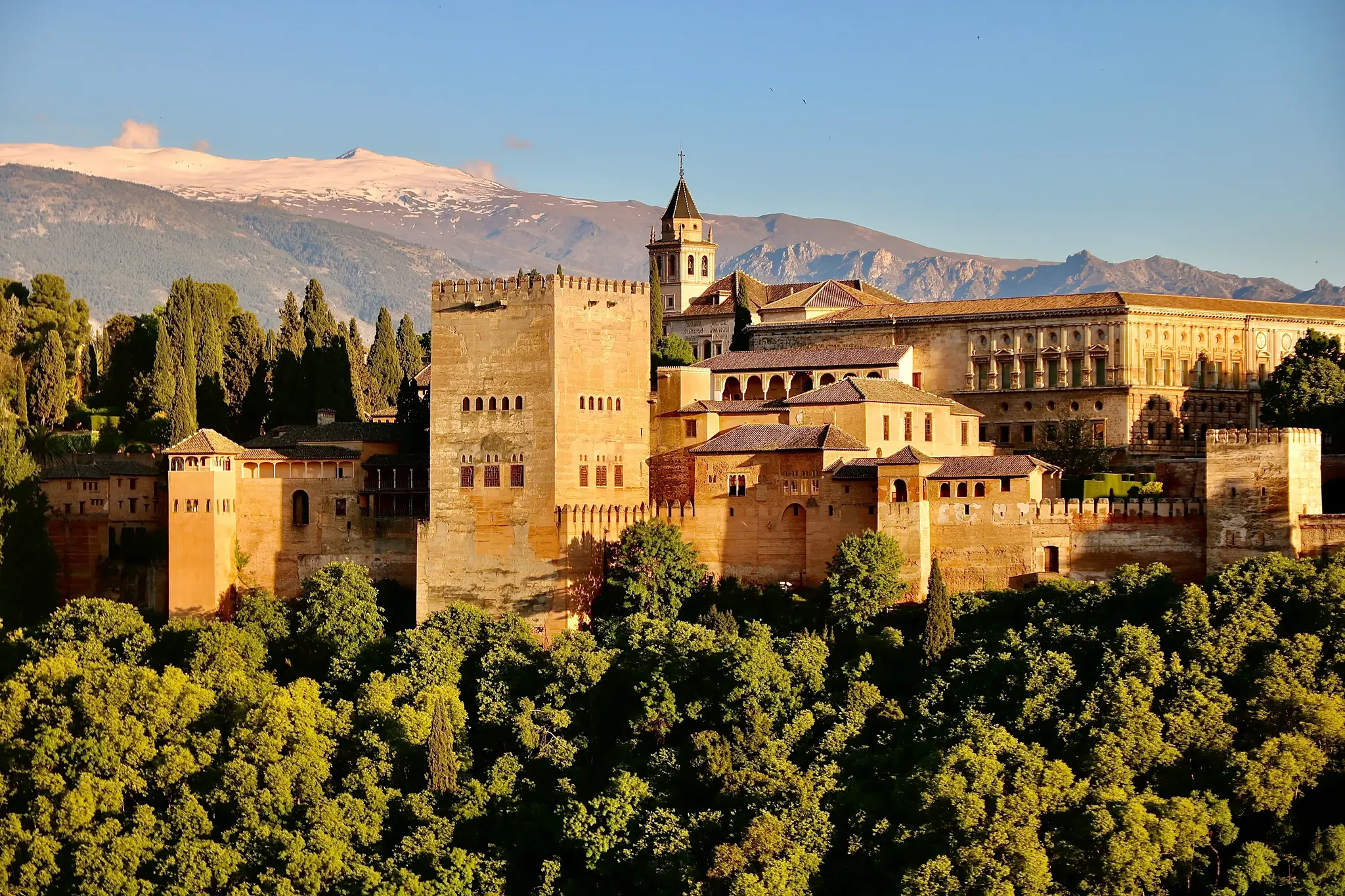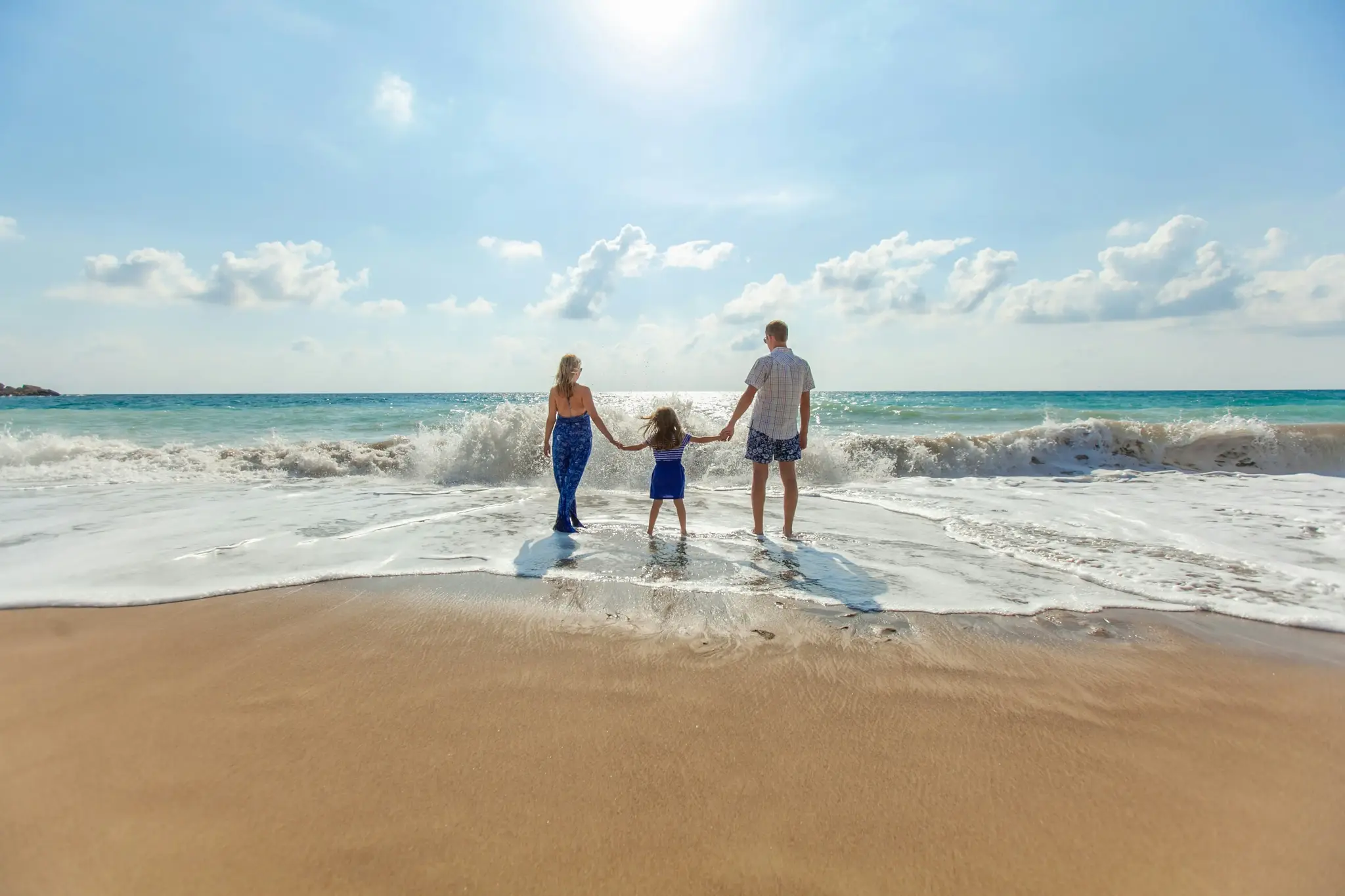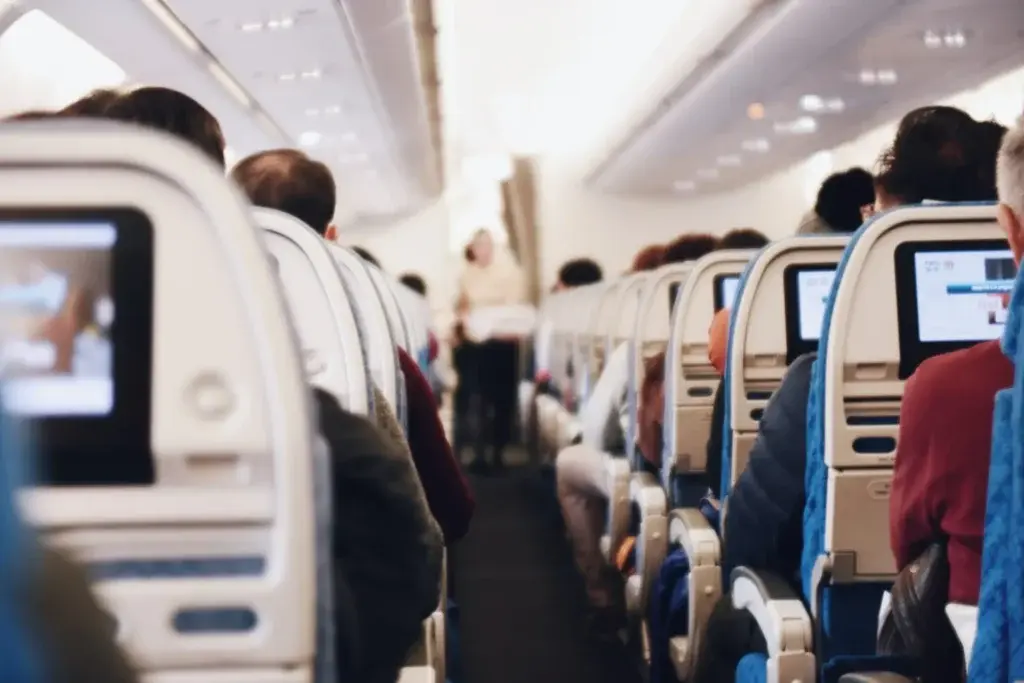Planning a trip to Cambodia: what documents do I need? How can you make sure you're well covered during your stay? How do I purchase travel insurance for Cambodia? We tell you all about it in our complete guide!
Travel insurance Cambodia
Prix moyen constaté
9,20€/Pers*
*Tarif pour un voyage d’une semaine pour une personne de 30 ans (sans annulation).


COVID-19
Full "recommended" vaccination schedule

Mandatory documents
Passport valid 6 months after return + visa

Residence permits
Mandatory

Currency
Riel

Vaccination
No vaccination required

Travel insurance Cambodia
450,000€ coverage recommended by Yupwego

Best period
November to April

Emergency numbers
medical emergencies - 119
Your Travel Health Insurance Cambodia online
Start your quotation now and obtain your medical insurance certificate insuring medical expenses up to €500,000.
Discover Cambodia
Cambodia at a glance
Cambodia, a country in Southeast Asia, is distinguished by its historical and cultural heritage. Renowned for the famous Angkor Wat complex, testimony to its glorious past as a Khmer empire, the country offers a fascinating variety of ancient temples, royal palaces and historic sites. Its capital, the bustling metropolis of Phnom Penh, abounds with vibrant markets, lively streets and elegant pagodas. Cambodia also boasts breathtaking natural landscapes, from unspoilt beaches along the Gulf of Thailand to verdant mountains in the Ratanakiri region. Despite socio-economic challenges, the Cambodian people are characterized by their warm welcome, offering visitors unforgettable hospitality and delicious cuisine. In full development, the country offers travelers eager for adventure, history and culture unique travel opportunities.
Must-sees
See our complete guide to must-sees in Cambodia.
Travel insurance Cambodia
Is travel insurance compulsory in Cambodia?
In Cambodia, travel insurance is compulsory to enter the country.
Why do you need travel insurance for Cambodia?
Travel insurance for Cambodia is recommended for a number of reasons:
- Medical expenses: In the event of illness or injury.
- Repatriation: If you need to be evacuated to receive appropriate medical care, travel insurance can cover the cost of evacuation, which can be very expensive.
- Third-party liability: If you cause damage to others or property, travel insurance can cover the cost of third-party liability.
- Loss and theft: If your luggage is lost or stolen, or if you lose money or valuables, travel insurance can cover these losses.
- Cancellations and delays: If your trip is cancelled or delayed due to unforeseen circumstances, such as illness or natural disaster, travel insurance can cover the associated costs.
What does my Cambodia travel insurance with YUPWEGO cover?
To travel to Cambodia, YUPWEGO recommends a minimum cover of €450,000. Here's just one of the coverages we offer for each of our contracts:
Before you leave
What are the entry requirements for Cambodia?
To enter Cambodia, you'll need a passport valid for 6 months after your return date. In addition, a visa is required to enter the country.
Jet lag
There is a 5-hour time difference between Cambodia and France. If it's 3pm in France, it's 8pm in Cambodia.
How can I insure myself for the long term?
If you wish to insure yourself for a long period in Cambodia, you may consider purchasing an
expatriation insurance
specially designed for expatriates, or a
PVT insurance
insurance if you are studying or doing an internship abroad.
Health care in Cambodia
What are the health risks in Cambodia?
Health risks in Cambodia include malaria, dengue fever, food-borne diseases, sexually transmitted infections and air pollution. Travelers should take precautions such as using mosquito repellents, drinking bottled water and getting the appropriate vaccinations before their trip.
What type of plumbing system should I use?
We recommend using private healthcare services, as they generally offer better and faster care than the public sector.
Responsible travel in Cambodia
How can you reduce risks by traveling responsibly?
To reduce the risks of responsible travel to Cambodia, follow these essential tips:
- Consult a health professional before you travel: Before you leave, consult a doctor or travel clinic to find out about vaccinations, Cambodia-specific health precautions and emergency medicines.
- Follow local health guidelines: Find out about current health risks in Cambodia, such as malaria, dengue fever or other epidemic diseases, and follow the recommendations of local authorities.
- Practice good hygiene: Wash your hands regularly with soap and clean water, and use hand sanitizers when necessary. Avoid touching your face with unwashed hands.
- Drink sealed bottled water: Don't use tap water for drinking, brushing your teeth or making ice cubes. Choose bottled or purified water.
- Eat well-cooked food: Avoid raw or undercooked food, and prefer meals served hot in reputable establishments.
- Protect yourself against insect bites: Use mosquito repellent and wear long-sleeved clothing and pants, especially in the evening, to avoid mosquito bites.
- Respect the environment: Don't leave garbage in nature, don't disturb historic or natural sites, and promote sustainable tourism practices.
- Stay informed about risks and updates: Monitor local information on health risks, weather conditions and safety issues throughout your stay.
- Be aware of activity-related risks: If you're involved in adventurous or sporting activities, make sure you choose reputable operators and follow safety instructions.


















